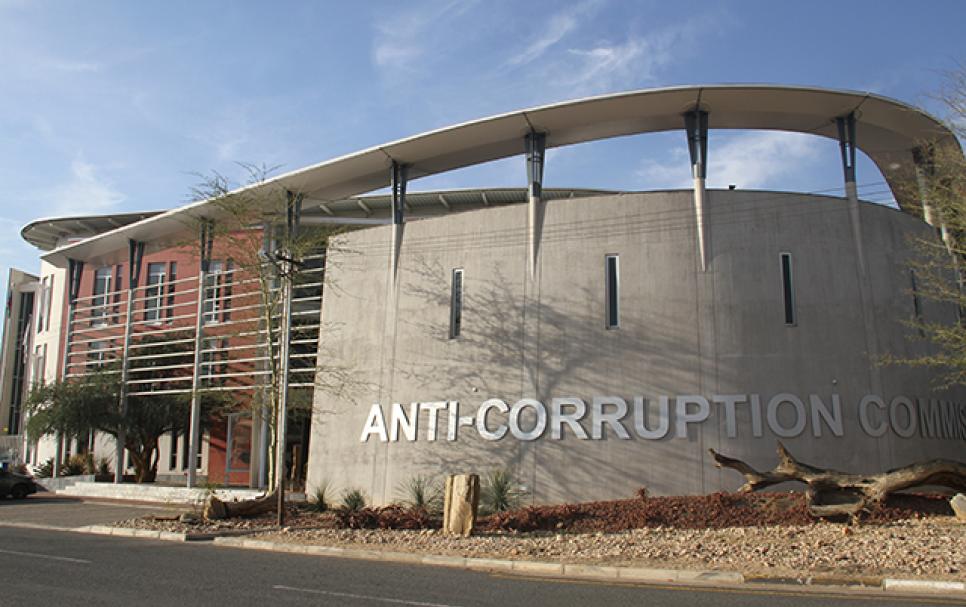Fight corruption at the root, not the peak

Namibia is no stranger to corruption. The GIPF saga, the SME Bank collapse, the Fishrot scandal, the Namdia deals, and of late, the Namcor case, each represents a stain on our national conscience and a stark warning that continues to go unheeded. The recent allegations involving a massive N$480 million loss at the National Petroleum Corporation of Namibia (Namcor) are not just headlines. They are a national wake-up call, yet again.
It is unfortunate that in Namibia, accountability seems to only kick in when the rot has reached its peak. Our Anti-Corruption Commission (ACC) and other oversight bodies, too often wait until the damage is irreversible before taking action. This reactive approach has become the norm, not the exception. By the time suspects are arrested, jobs are lost, public trust is broken and institutions are left on the brink of collapse.
We must ask the uncomfortable question: Why was the Namcor scandal not prevented? A loss of nearly half a billion dollars does not occur overnight. Signs must have been visible, red flags raised, irregularities detected. Where was the ACC before it reached this scale? Where were the internal audits, the board oversight, and the whistleblower protections? If such systems exist, they are weak if not up to their task.
One of the most disturbing truths about corruption cases in Namibia is that the cost of investigating and prosecuting them can exceed the stolen funds themselves. In the Namcor case, the legal, forensic and procedural costs could eventually eclipse the N$480 million lost. And yet, we rarely see the successful recovery of stolen funds or compensation to affected institutions. In the end, the taxpayers bear the double cost: the stolen money and the bloated cost of a delayed justice system.
This points to a deeper flaw in our anti-corruption architecture. The ACC, while mandated to prevent and investigate corruption, has become largely reactive. It often acts when the pressure becomes too loud to ignore. Prevention, which is cheaper and more effective, receives far too little attention or investment.
The ripple effects of such scandals are tragic. Ordinary workers lose their jobs. Contractors, small businesses,and service providers suffer. Public confidence in institutions dwindles. Namibia, already struggling with unemployment and inequality, can ill afford such self-inflicted wounds.
We must move away from the culture of treating corruption as a political or legal drama that unfolds over the years in courtrooms. Justice delayed is justice denied, not only to the victims of corruption but to the nation as a whole.
- 17 views










Comments